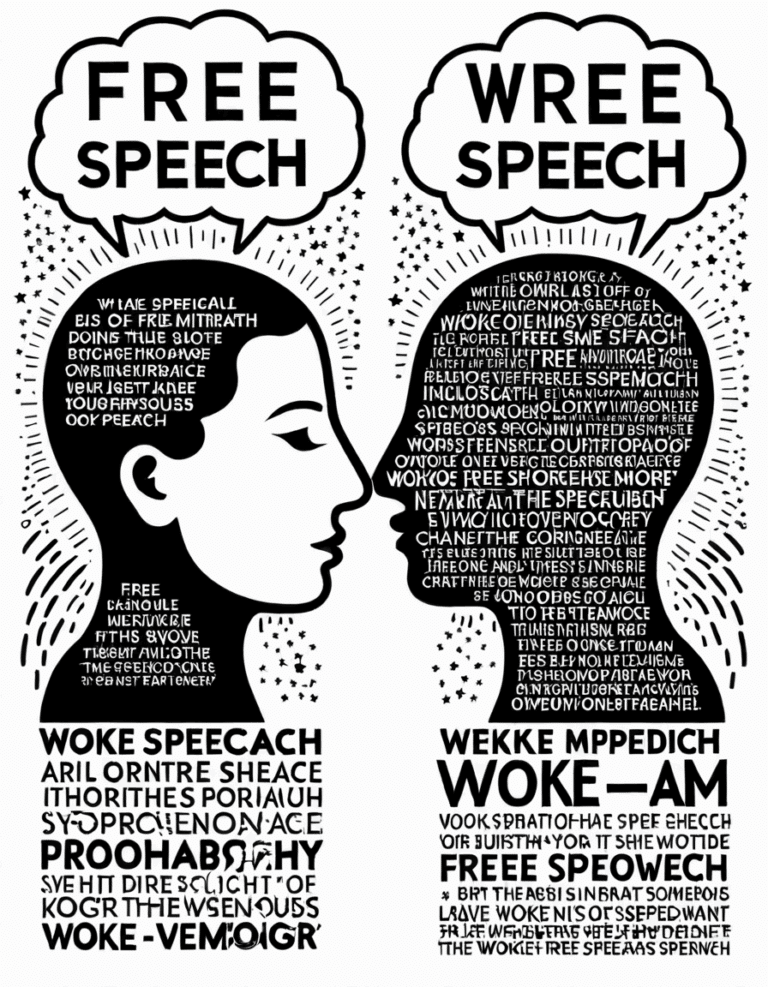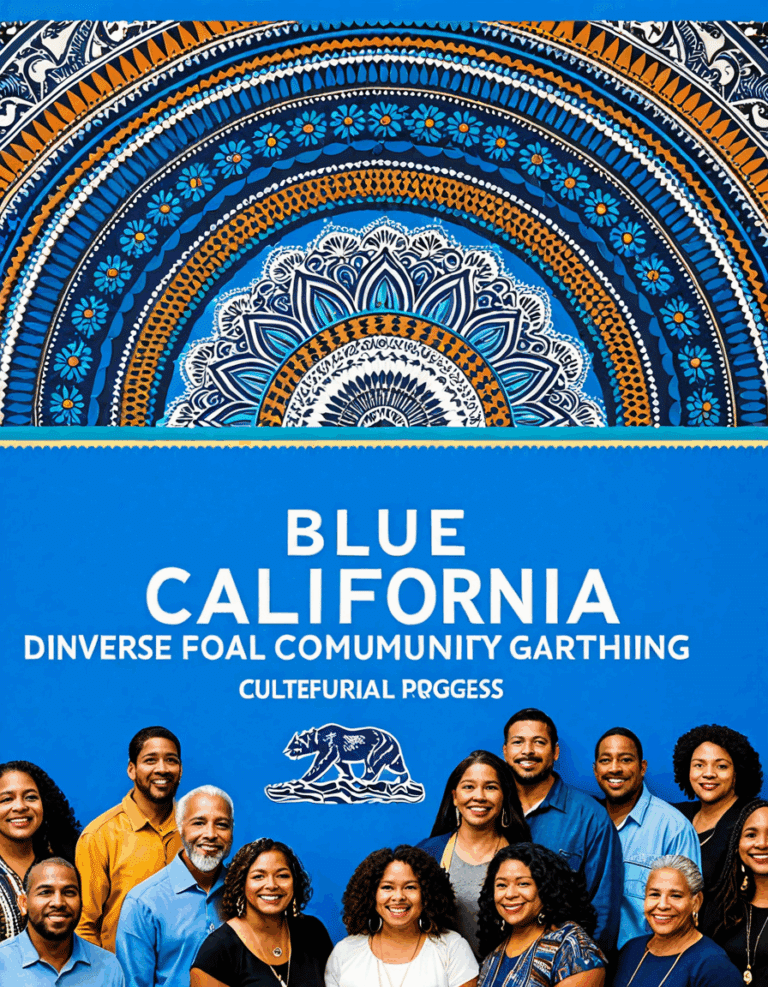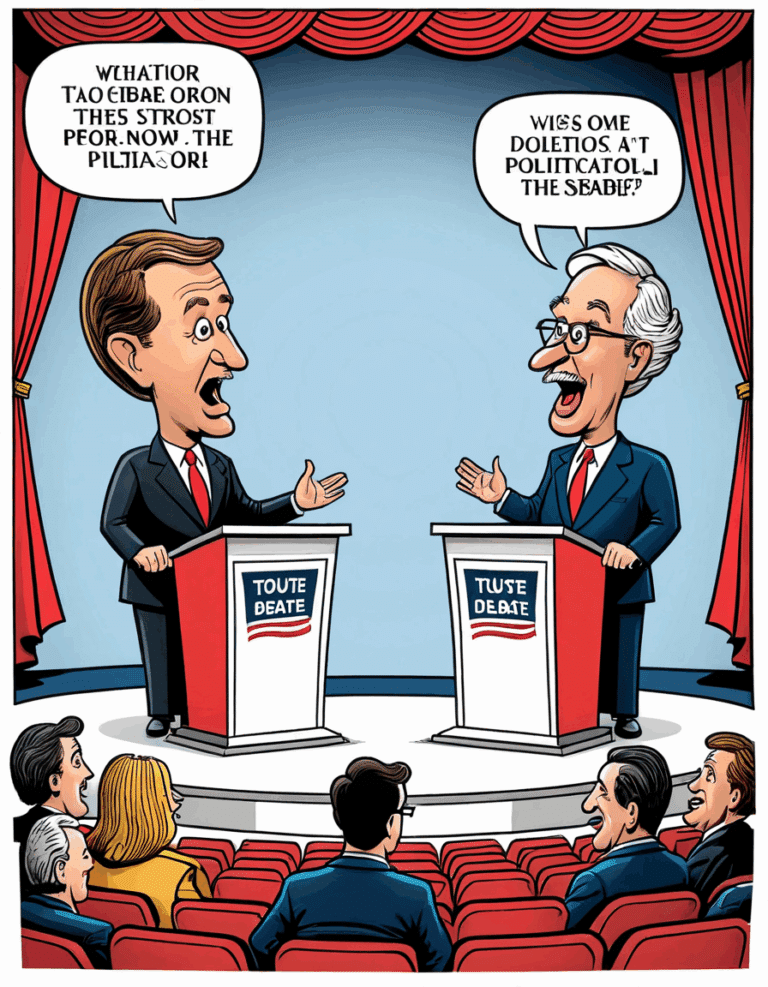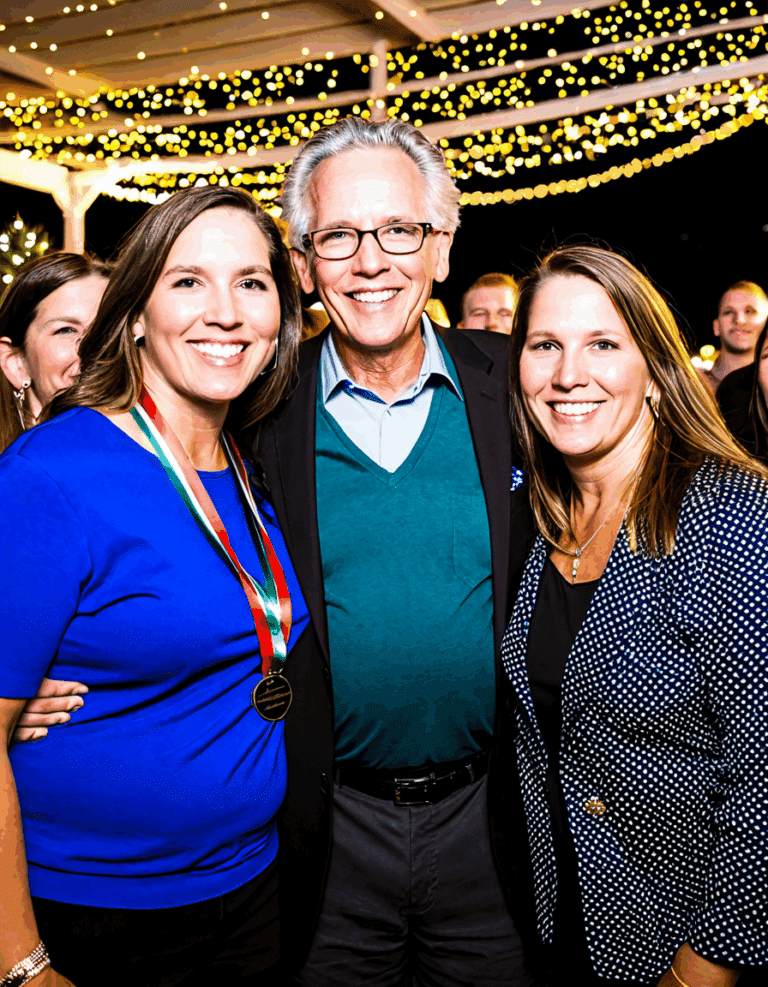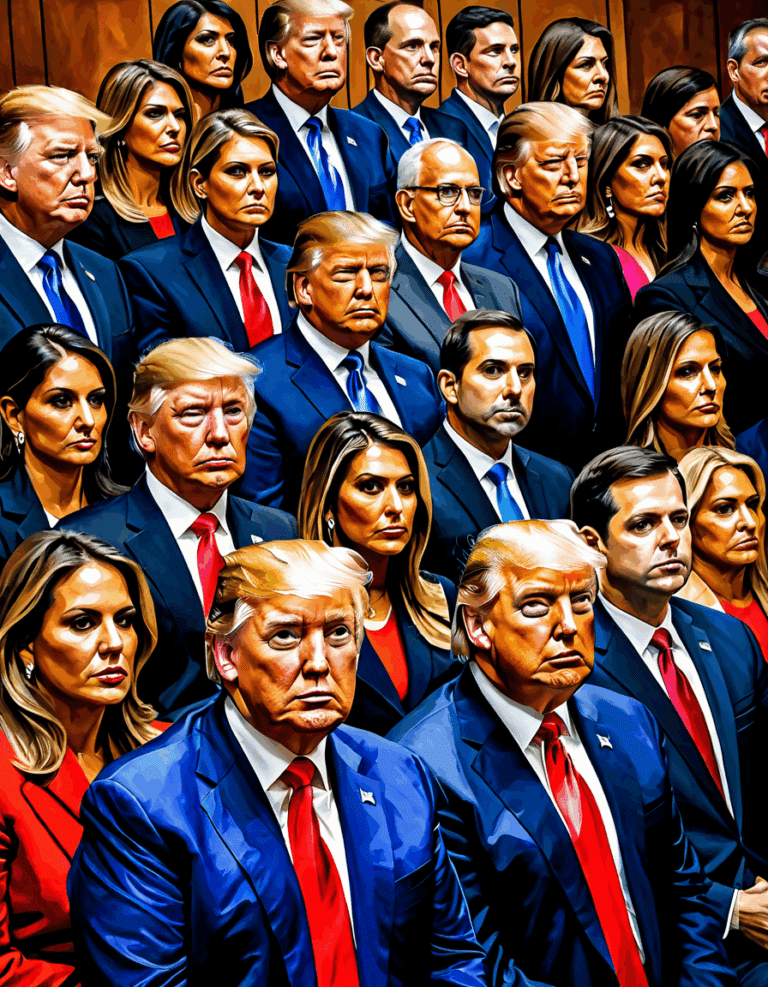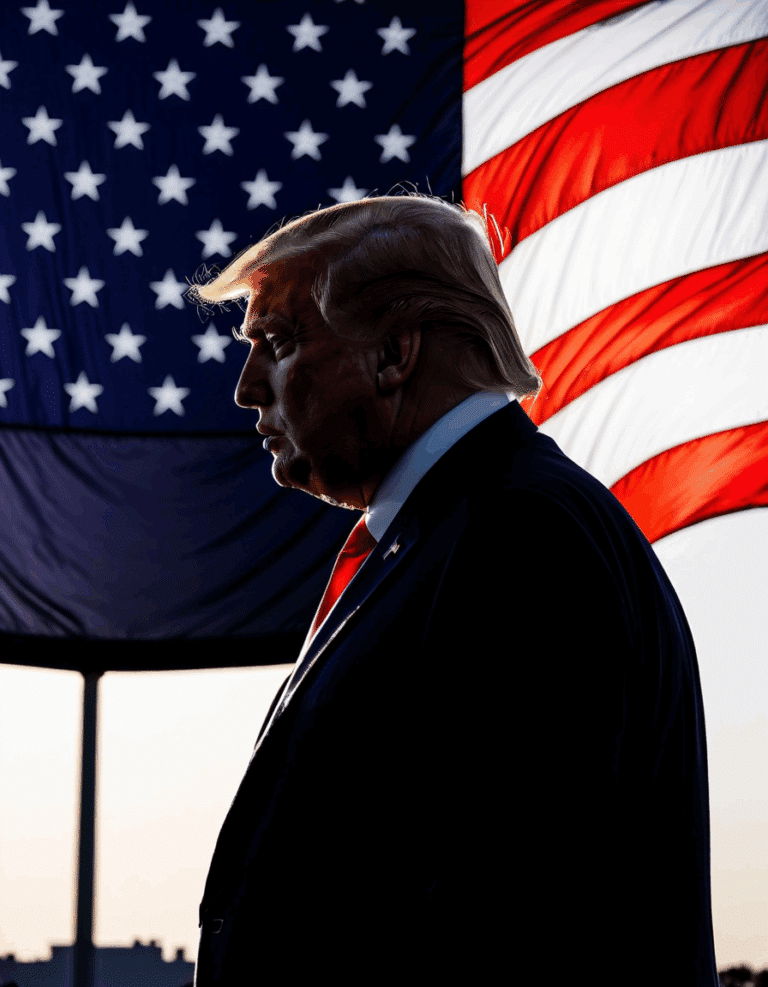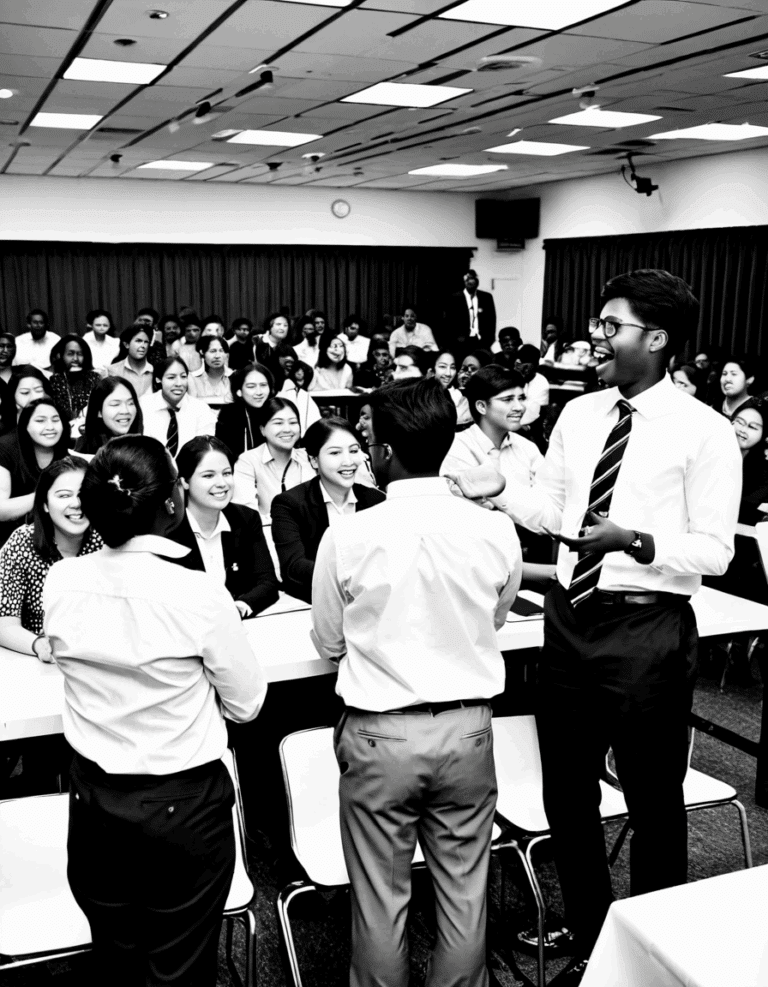Antisemitism has roots as deep as the past itself, each curl and twist reflecting a hateful ideology that continues to shape perceptions and political landscapes today. As our society grapples with this enduring bias, it’s crucial to examine the prominent figures who pushed these toxic beliefs forward and the legacies they left behind. By confronting these dark shadows from the past, conservatives can champion a more informed and unified front against the rising tide of bigotry.
This article lays out the top five antisemitic figures whose ideologies still resonate today, driving conversations whether we like it or not. From the horrendous actions of Adolf Hitler to the modern-day prevalence of antisemitic rhetoric among social media influencers, understanding their impact is vital. Let’s dive into the murky waters of antisemitism and see how its history shapes our current landscape.

Top 5 Antisemitic Figures Whose Ideologies Persist Today
1. Adolf Hitler: The Architect of Genocide
Adolf Hitler remains the poster child for hatred, with his regime responsible for the deaths of six million innocent Jewish lives during the Holocaust. His hateful rhetoric didn’t just stop with his rule; it laid a framework for antisemitic sentiments that evolve but never truly disappear. Rather, they morph into different entities while echoing sentiments that continue to infiltrate our discourse today.
The twisted beliefs that spurred the horror of the Holocaust serve as a bleak reminder: intolerance isn’t extinct; it’s simply found new, veiled forms. Striking parallels arise in today’s conversations about various communities, reinforcing that we must remain vigilant against all forms of bigotry, especially those with historical roots.
2. Henry Ford: From Industrialist to Antisemite
Henry Ford, best known for revolutionizing the automobile industry, also took a detour into the dangerous territory of antisemitism. Through publications like “The International Jew,” Ford infused the American consciousness with harmful stereotypes and wild conspiracy theories about Jewish influence. These ideas have come roaring back, especially on social media platforms, reminding us that what was once whispered in the shadows can easily reemerge in the light.
His legacy is unmistakable in the resurrection of similar narratives today. Many far-right individuals have adopted and adapted Ford’s harmful ideologies, painting Jewish communities with the same broad and ugly brush he did decades ago. This is a stark reminder of the importance of counteracting such rhetoric, especially as it gains traction online.
3. Joseph Goebbels: The Face of Propaganda
Joseph Goebbels, Adolf Hitler’s Minister of Propaganda, was a master at manipulating information to perpetuate fear and hatred. His techniques for drumming up public sentiment remain alarmingly relevant, as modern political entities utilize similar strategies to sway opinions. Fear-mongering and the dissemination of misinformation often manifest in political campaigns today, highlighting just how dangerous Goebbels’s tactics can be when combined with the reach of modern media.
As we observe how stories spread and shift in our hyper-connected world, it’s imperative to recognize how easily misinformation can fuel antisemitism. Individuals and groups that echo Goebbels’s methods create a divisive environment where tolerance is challenged, and mutual respect becomes an afterthought.
4. Louis Farrakhan: The Voice of Modern Antisemitism
Louis Farrakhan, the longstanding leader of the Nation of Islam, has made a career out of controversial statements, consistently invoking antisemitic tropes that echo historical prejudice. His rhetoric, often framed within discussions of social justice, demonstrates how age-old biases can be repackaged and circulated in modern discussions.
Farrakhan’s popularity within some communities raises significant alarms regarding the normalization of antisemitism. This rebranding of hate is increasingly dangerously intertwined with progressive movements, challenging conservatives to reclaim the narrative around tolerance and equality, ensuring that antisemitism has no place in any movement.
5. Social Media Influencers: The New Faces of Antisemitism
In our digital age, the rise of social media influencers has introduced a fresh set of challenges. Many public figures have propagated antisemitic comments—sometimes unknowingly—amplifying these harmful narratives to enormous audiences. The ease with which content spreads on platforms can quickly revive biases that should have been left in the past, making vigilance crucial for combating antisemitism.
Even young influencers can inadvertently contribute to an uptick in intolerance, whether through careless comments or misguided humor about topics prone to historical prejudice. Algorithms favoring sensational content can accelerate the resurgence of ideas that herald back to dark chapters of history, making the responsibility on all of us to be discerning consumers of the discourse.

The Broader Impacts of Antisemitism in Contemporary Society
Antisemitism does not exist in a vacuum; it dovetails with major societal issues like public health, misinformation, and even disaster recovery.
Antisemitism and Weight Loss Drugs
Fascinatingly, the discussion around weight loss drugs has prompted unearthed sentiments regarding Jews’ supposed control over health industries. This has manifested into conspiracy theories that wrongly suggest Jewish individuals hold disproportionate influence over healthcare advancements, creating a dangerous ripple effect that continues to plague public discourse.
Antisemitism and the Food Industry
Take, for example, the listeria outbreak linked to cheese recalls; certain communities were scapegoated during these crises, highlighting a stark reflection of antisemitic views emerging in moments of panic. When food safety and public health issues arise, it’s unsettling how swiftly we revert to assigning blame based on age-old prejudices, echoing stereotypes that should have been relegated to history.
Antisemitism in the Face of New COVID Strains
The pandemic served as a breeding ground for conspiracy theories, with new COVID strain symptoms often associated with age-old scapegoating techniques directed at the Jewish community. As we navigate through these health complications, the historical precedents of blaming minority groups for societal woes re-emerge, necessitating proactive education against these damaging narratives.
Antisemitism Amid Crisis: Earthquakes and Blame
Natural disasters like earthquakes often leave a wake of blame towards minority communities. During earthquakes, discussions around earthquake safety information often twist into insinuations that certain groups, particularly Jews, are somehow responsible for these disasters. Such thinking provides a troubling glimpse into how pervasive and quickly normalized antisemitic attitudes can become in crisis contexts.

How Antisemitism Influences Culture and Discourse
In today’s world, the normalization of antisemitism seeps into sectors like leisure activities. For instance, the cigar aficionado community sometimes displays troubling subtleties of discrimination. Conversations that slide towards antisemitic rhetoric show how biases intersect with consumer culture, reminding us that even leisurely pursuits have the potential to harbor and spread harmful ideologies.
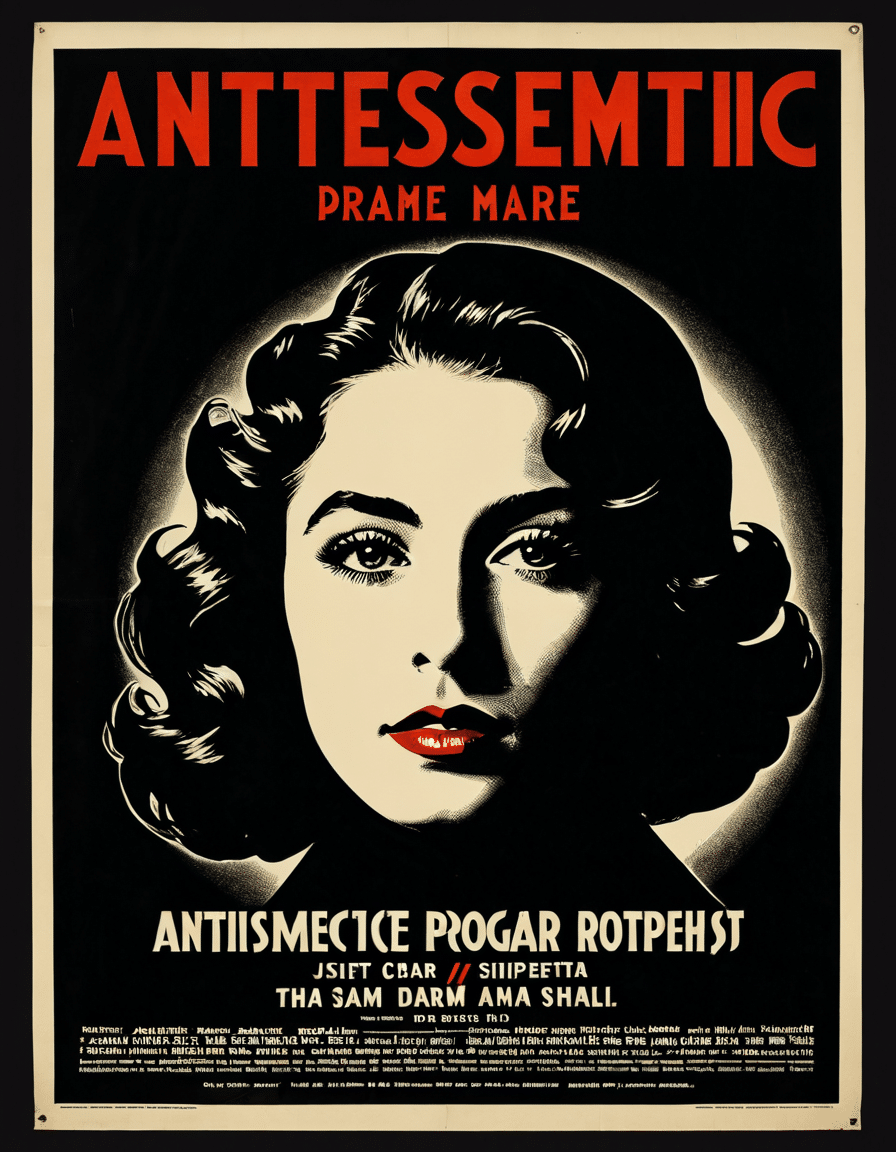
Tracking Health and Awareness: Tools Against Antisemitism
As technology becomes more entwined with our daily lives, tools like the Omron blood pressure monitor are prime examples of how we should navigate health concerns. However, these tools can also serve as reminders to challenge misleading trends that feed on historical prejudices. We owe it to ourselves to ensure that our personal health journeys don’t inadvertently perpetuate or validate underlying biases.
By reflecting on the pernicious legacies of these antisemitic figures, we can foster more profound discussions aimed at combating these harmful ideologies. In a society continually faced with hatred, awareness, and education become paramount. By maintaining a keen eye on the narratives that emerge, we challenge ourselves to not only remember history but actively dismantle the prejudiced frameworks that persist today. History must not repeat itself, and it starts with each of us recognizing the echoes of the past in the discourse of the present. Together, we will not yield to hatred, ensuring our commitment to a future free from bigotry in all its forms.

Antisemetic Figures and Their Dark Legacy Today
The Legacy of Antisemitism: Facts That Shock
Did you know that antisemitism has roots stretching back over two millennia? It’s astounding how pervasive these attitudes have remained throughout history. For example, the term “antisemetic” originally came into use in the late 19th century but reflected a wave of myths and stereotypes that had festered well before then. A fun fact for those who appreciate culinary traditions is that kosher food isn’t just about dietary laws; it also symbolizes resilience and cultural identity for many. This connection spans generations and often serves as a counterweight to the shameful history of antisemitic violence.
Cultural Reflections: Movies and Art
Tying into the impact of antisemitism, you might find it interesting that even film has taken on this theme. For instance, French classics like La Parisienne depict the nuances of societal biases, including antisemitic undercurrents that can shift perceptions of individuals based on their heritage. As films reflect society, they can also serve as a powerful lens through which we examine the past, reminding us of the cautionary tales embedded in history. Speaking of reflection, if you’ve ever strolled down Mulberry Street, you’d see how diverse communities interweave their stories. Cities often hold both dark pasts and vibrant present lives, making them intriguing places to explore.
Science and Society
Shifting gears, you might be surprised by how modern science interacts with culture. Take the fascinating development in pig kidney transplantation—it’s not just medical advancement; it also opens up discussions about ethical considerations that can arise in various social contexts, including those marked by prejudice. As we learn more, it’s crucial to continue combating ignorance and breaking down the specifications of antisemitic ideas. Similarly, Alabama Ivf Treatments showcase how healthcare intersects with personal beliefs and backgrounds, encouraging a sense of unity despite our differences.
By understanding these aspects of antisemitism, from historical roots to modern societal themes, we can foster dialogue and pave the way for a more inclusive future. Even pop culture feels the impact, right down to questions about celebrities like How old Is Kathie lee gifford; it all feeds into our broader discussions on cultural perception and identity. Whether you’re scoring Amazon Black Friday deals or enjoying a night out in places like Fells Point baltimore md, remember that the past continues to shape not only individual lives but societal narratives as well. Each facet adds to an ongoing story about resilience and hope.




